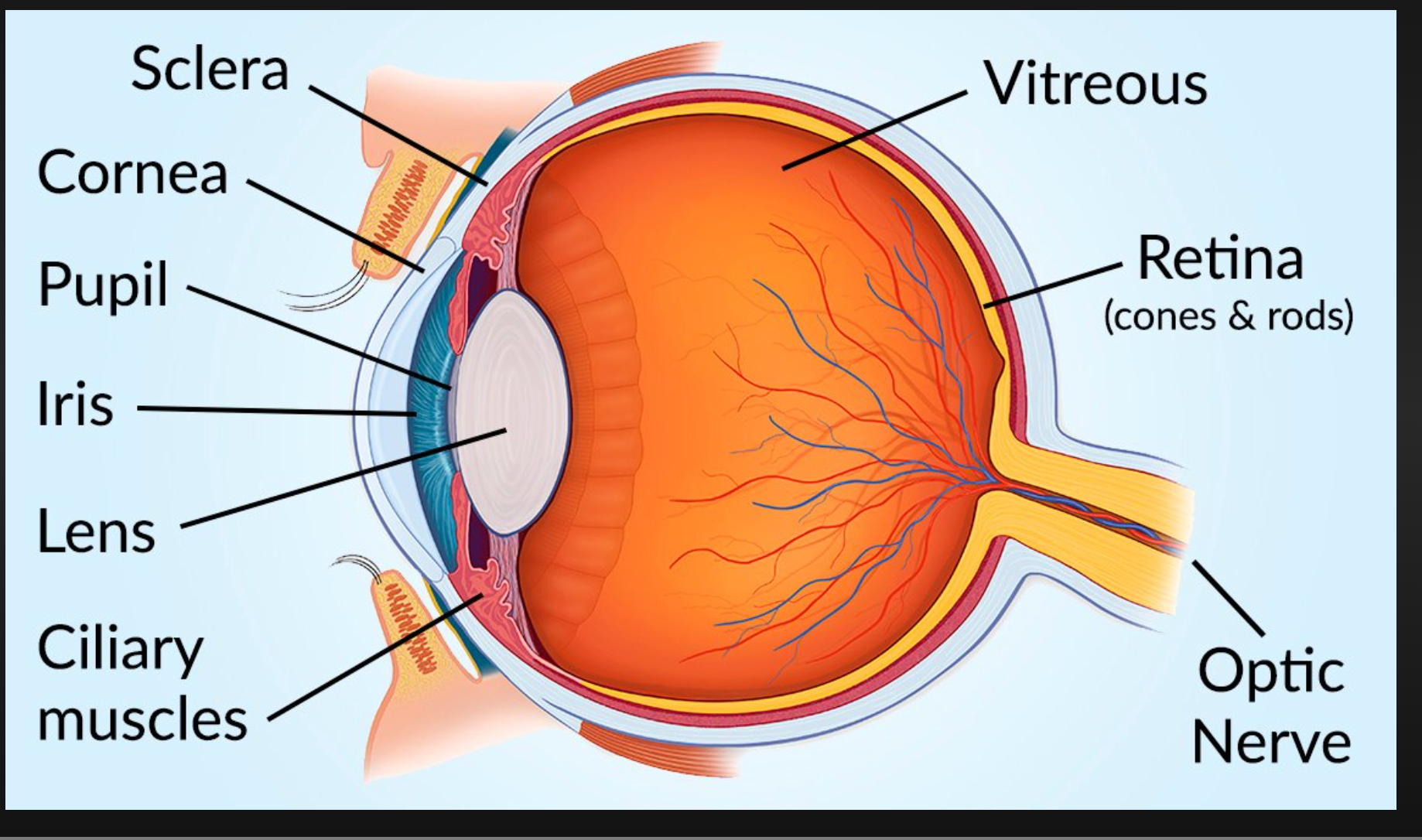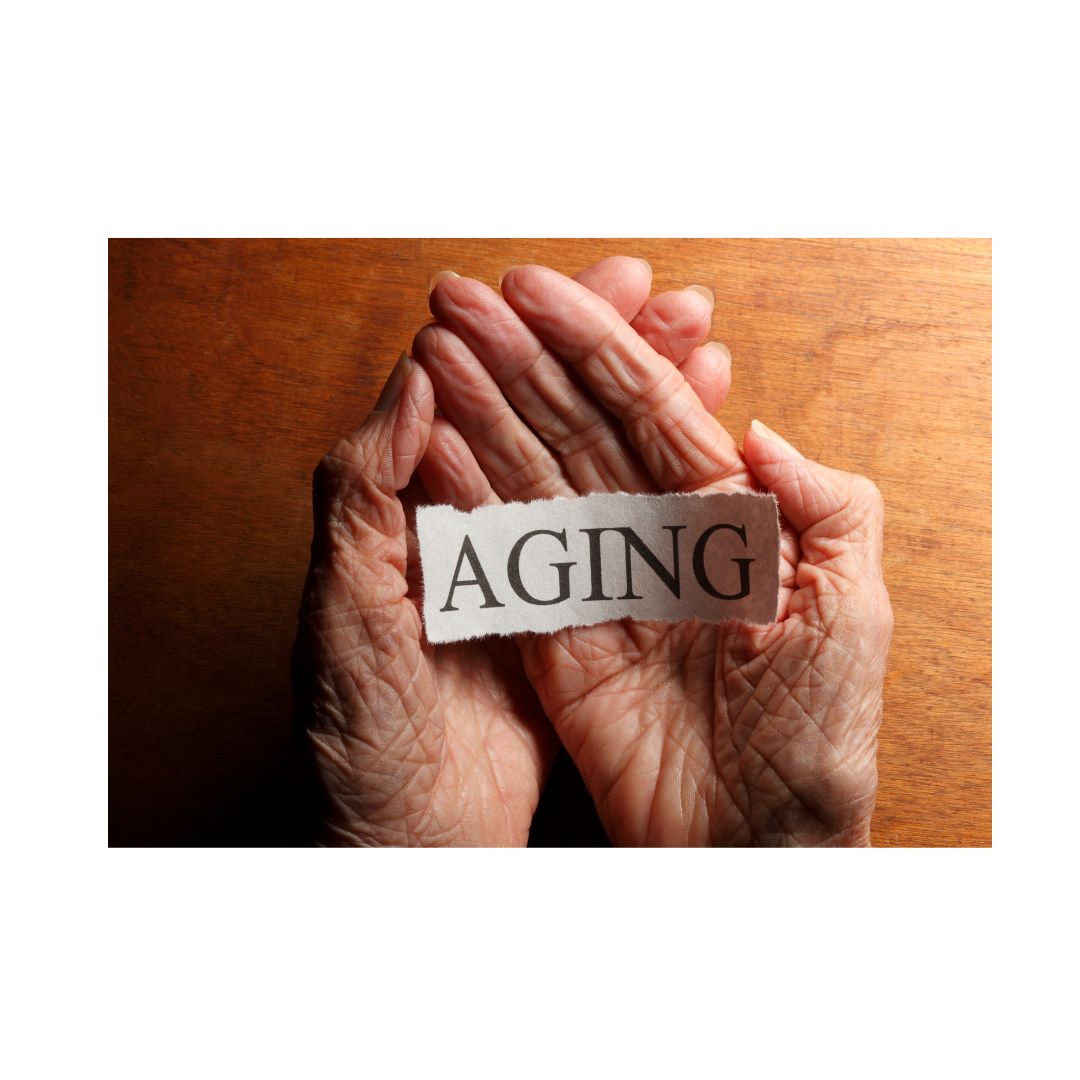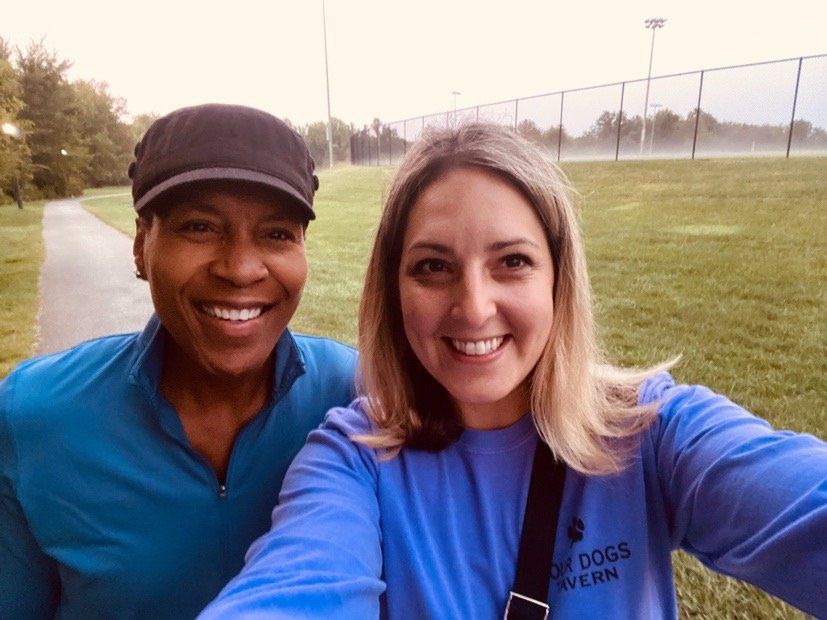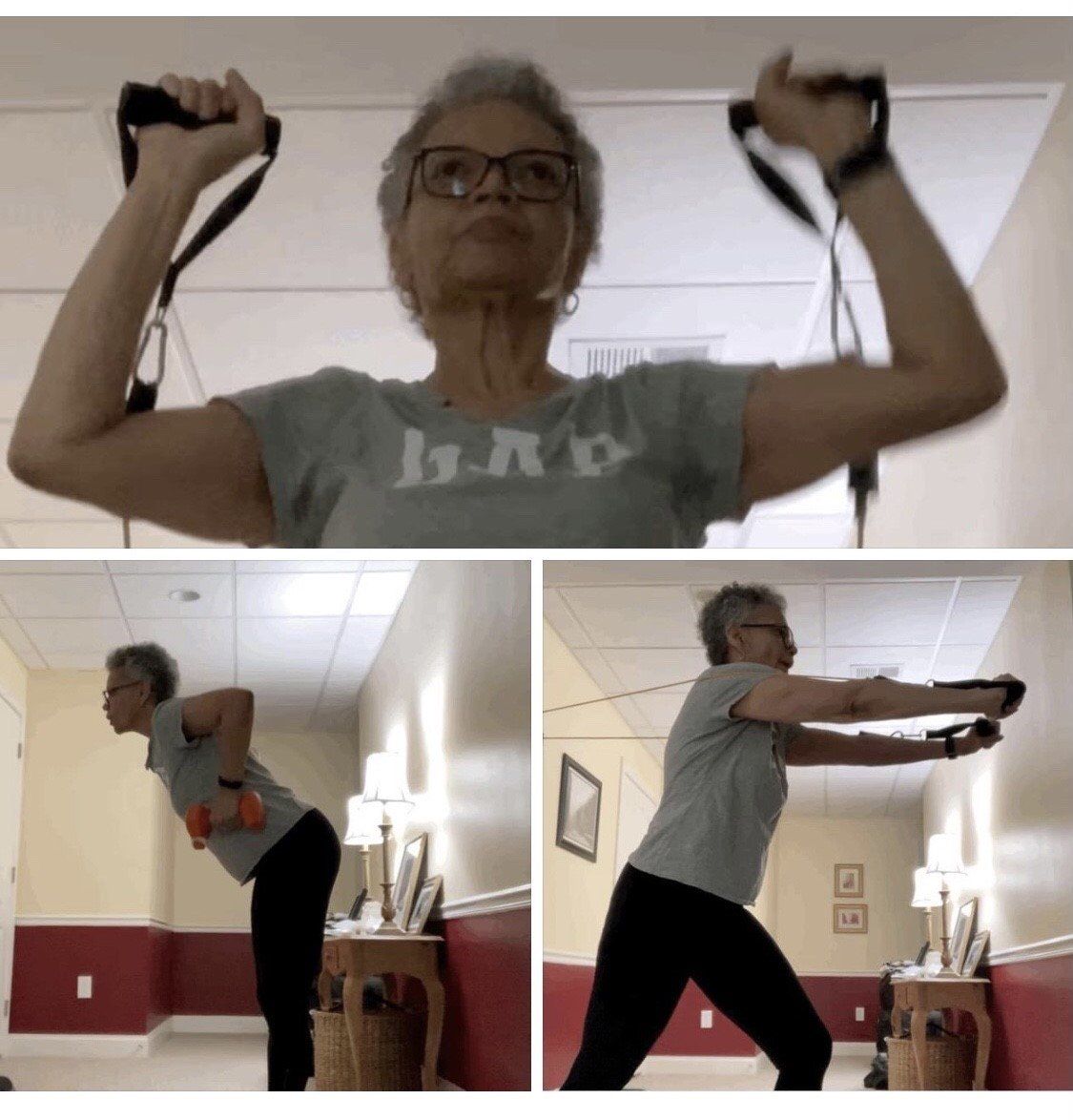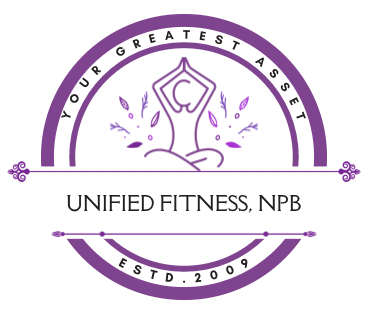Managing Loneliness as You Age
Loneliness is a complex and difficult feeling that can affect anyone at any age. As young adults, we give little thought to getting older and feeling alone. We live each day not considering that the social aspects of our life may not always be as we age. Loneliness can leave you feeling empty, disconnected from the world, fearful of dying with no one around, or even abandoned. Loneliness is often described as a sense of isolation or disconnection from others. It can be caused by a variety of factors such as social isolation, loss of loved ones, or even just a lack of meaningful connections with others. We were never intended to live life alone at any age or life stage. Managing loneliness can be challenging, but several strategies can help you cope with loneliness which include reaching out to loved ones and joining social groups and communities. Engage in activities that bring you joy and fulfillment. Try something new that will require you to step out of your comfort zone. Instead of focusing outwardly on others to fill the void look inward toward yourself. Focus on having a relationship with yourself and usually the law of attraction will occur. Always be kind to those you encounter which can open the door for relationships to develop. Older adults tend to isolate themselves when managing various medical conditions out of fear of judgment, embarrassment, or fear of rejection. Accept and understand that aging and the changes that occur along the way are part of the life cycle. Remember that it's okay to feel lonely, and seeking support from others can make a big difference., such as staying connected with friends and family, engaging in activities that bring joy and fulfillment, and seeking support from mental health professionals when necessary. It's important to remember that feeling lonely is a common experience, and there is no shame in seeking help or support.
